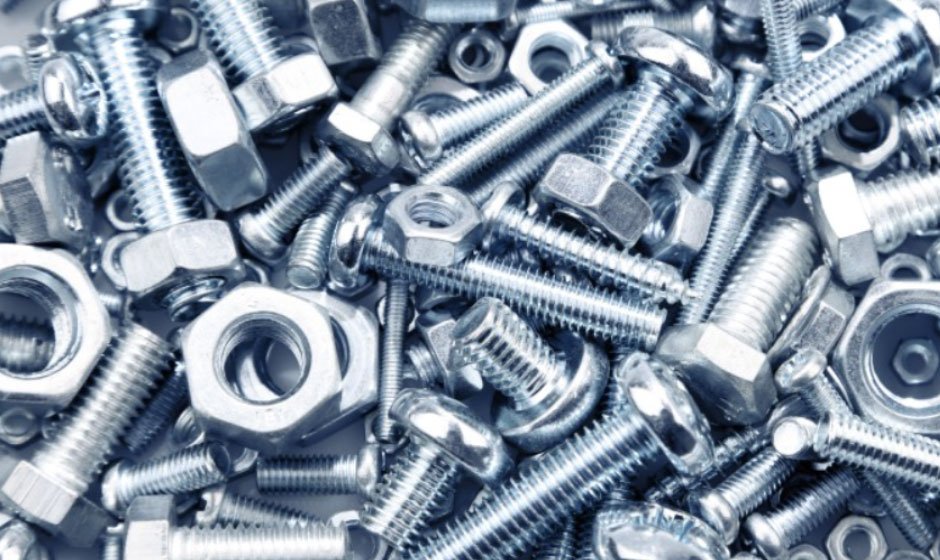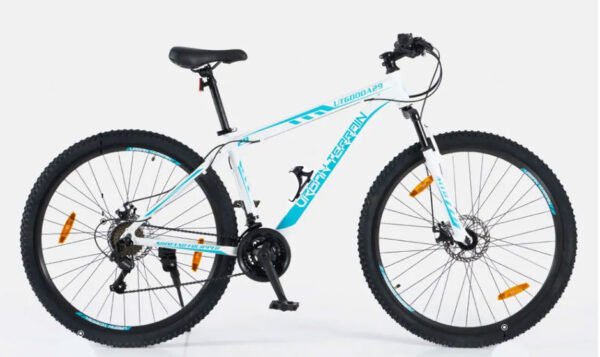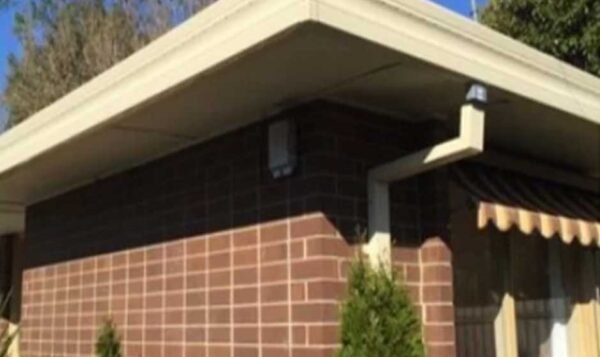How to Choose the Right Fasteners for Your Project

It’s not until they’re needed that fasteners get the attention they deserve. This can be in anything as diverse as hanging family photos on walls, piecing together DIY projects, or building bridges and assembling heavy-duty machinery. The huge list of applications of the different types of fasteners makes choosing what’s right that bit harder.
There are several factors to think about. How and where the fasteners are used, the materials they’re made of, and whether the connection between the two connected parts or pieces of equipment is permanent or temporary. In addition, you’ll have to think about how external forces like heat and moisture affect the connection enabled by the fastener.
This makes some types and designs more suitable for a particular application than others. In this respect, ordinary masonry screws work for photos in concrete walls, but fall short when supporting bridges. General knowledge of what’s available can help you get consistent results in every project.
Fastener Types
Fasteners fall into two distinct categories – permanent and temporary. Permanent types, like nails and rivets, are those that won’t be removed after installation. In contrast, temporary fasteners, of which bolts and screws are the most common, can be removed at any time, without damaging the parts they connect. This categorisation roughly aligns with threaded fasteners (bolts, screws and studs ) and non-threaded types like nails. pins, brads, and rivets.
Well-stocked general hardware and specialised fastener supply stores hold a range of fasteners in different sizes, designs, and materials. Let’s take a closer look at what’s on offer.
Threaded Fasteners – Bolts, Screws and More
Threaded fasteners have a helical thread running on part or along the whole length of the fastener. The thread offers several advantages, including higher holding strength, more durability, adjusting fasteners for tightness, and not damaging the connected parts. The fastener can also be easily and quickly installed or removed if the need arises. Different types of bolts are representative of threaded, temporary fasteners.
More common are hex-head bolts used in construction and machine assembly, anchor bolts for structural beams and columns, and carriage (or coach) bolts to connect metal and wood parts, specifically in woodworking and carpentry. To ensure a tighter hold and better load distribution, most bolts are used with corresponding nuts and washers.
Screws are another type of widespread threaded temporary fastener. Many are of the self-tapping or self-threading kind that makes installation simple. The majority of screws are categorised according to the materials or equipment they’re used with. More common are wood screws (either with circular, flat or hex heads and threading along the whole or part of the shaft), machine screws used to join metal and machine parts, and socket screws with internal threading found in furniture, steel fabrication and automotive components.
There are also specialised screws and bolts, such as stud bolts used to connect thicker pieces, set screws found in items like panel arrays and mechanical assemblies, and countersunk screws for a clean and flush fit like that in furniture.
Non-threaded Types – Nails, Rivets and Pins
Nails are a non-threaded permanent fastener, consisting of smooth shanks, a range of head types and either pointed or sharp tips. They’re more common in light and medium-duty household and DIY projects, but also used in construction with roofing, flooring and plasterboard nails being widespread.
Rivets have rounded heads and smooth shafts and are used to secure items under larger shear loads, such as when fastening automotive panels together. Lastly, brads and pins are found in areas like upholstery in furniture pieces, wood siding and where a flush finish is needed.
The Wide Selection of Fastener Materials
Materials determine among other things fastener strength and durability, and how they hold up against external factors like heat, chemicals and corrosion. Metals are most common, but you can also find fasteners made of plastic:
- Stainless steel – has good corrosion resistance, high strength and a reasonable price. This makes stainless steel fasteners ideal for outdoor and heavy-duty use where various chemicals and water are present.
- Zinc-plated mild steel – this is a low-cost option intended for indoor use. Zinc fasteners have lower corrosion resistance than stainless steel. An affordable alternative is hot-dip galvanised fasteners for outdoor use.
- Chrome and nickel-plated steel – ideally used for decorative finishes with a smooth, polished look.
- Aluminium – this is a lightweight, non-magnetic and weather-resistant material often found in specialised applications like the aerospace industry.
- Titanium has higher strength than steel while being comparable in weight with aluminium. It’s used in areas like electronics.
Other metal options include brass found in electrical components and plumbing fittings and copper for fasteners that need to be non-conductive and weather-resistant. Metal is preferred in medium to heavy-duty applications with high-weight loadings. Plastic variants, like Nylon, are both very lightweight, yet have decent strength and high electrical and thermal resistance. Typical areas where these are used include electrical components and medical supplies.
What to Look For When Buying
Materials often determine where and how fasteners are used, but other factors also play a part:
- Strength, durability and loads – this refers to the weight of the parts that are joined and the forces that act on them. As an example, stainless steel hex head bolts in thicker diameters are some of the strongest fasteners out there readily found in large-scale projects. While these may not be necessary in all applications you want fasteners that will last and have adequate strength to maintain varying loads.
- Settings – Are the fasteners needed indoors or outdoors? Will they be exposed to water, chemicals or higher temperatures? The environment where they are used will tighten the scope of what can and cannot be used.
- Installation – head designs, for instance, determine ease of installation and whether you require basic or specialised tools. Fasteners that are easier to get on and off also save time. Look for head and drive types that suit the application and the tools you’re using.
- Dimensions – always size fasteners according to the application. This means correct diameters and lengths, as well as specifics such as pitch thread in threaded types.
- Availability – while fastener supply stores should have a wide range for various fields and uses, there may be instances where what you’re looking for is harder to find or needs to be ordered. If time is of the essence, consider alternatives, but don’t compromise on strength or industry standards and regulations.
- Aesthetics – most types are about function over form, but not where overall appearances matter. Here different materials and design elements can reveal or hide fasteners, depending on what’s needed.
- Price – Buying in bulk saves money and time, especially for large-scale uses. Go with online stores if you know exactly what you need, as these usually have lower prices due to lower overheads. They also help with specialised types so you get what you need quicker. General hardware stores are well-stocked but often don’t have such a broad selection. They’re also a bit costlier.



